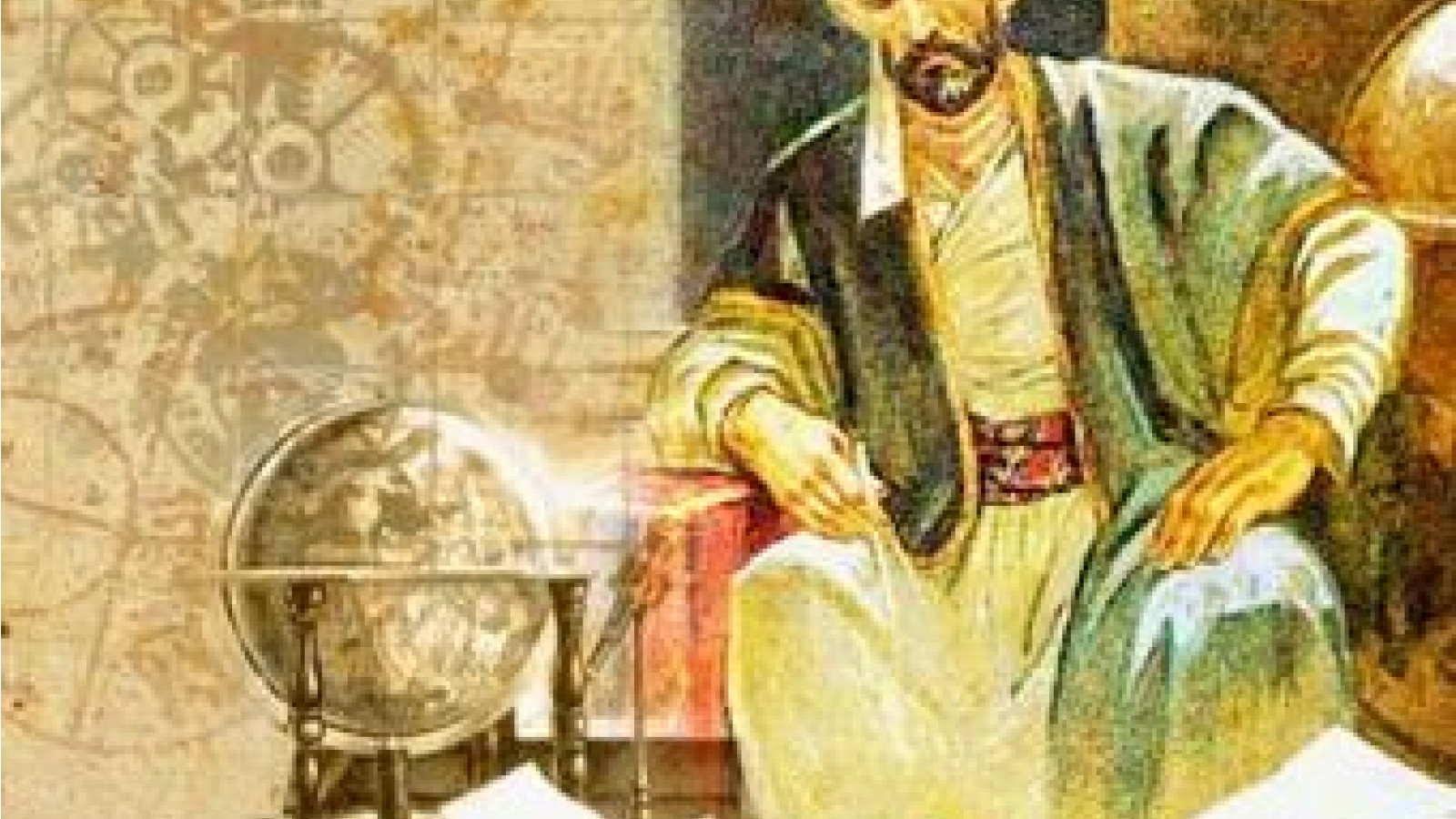
Abu Sahl Bijan ibn Rostam al-Quhi, an Iranian mathematician astronomer, was born in Tabarestan (now Mazandaran), lived in the second half of fourth century and early fifth century AH (10th century). The suffix Kuhi (Quhi) that can also be found as Ghuhi, refers to Ghahestan or Kuhestan. His birthplace is estimated to be Frim in Dodangeh district in Sari County where he finished his elementary education. Since he showed much interest and talent in science, he was sent to great masters to pursue his education until he became a master himself. Like many other scientists of the fourth century AH, he traveled to Baghdad for education, and went to Shiraz after finishing it. In Shiraz, Abu Shal al-Quhi created inventions, by which he exactly predicted the movements of the stars.
In his book Nahayat Al-Amaken, Abu Rayhan Al-Biruni has made note about the observations of Abu Sahl. Later, he was ordered to move to Baghdad by Sharaf ol-Dowleh Deylami, who had recently became the ruler of Baghdad. He took with him all his inventions to Baghdad, where he built a spherical shaped observatory by the order of Sharaf ol-Dowleh. The ruler had commissioned the scientists to observe the seven stars (planets). Abu Sahl observed and registered them. He also was amongst the first scientists who studied and calculated the Meridian. It is said that another highlight of his discoveries in the field of astronomy, is the discovery of Andromede Galaxy.
In addition to being an exact and proficient astronomer, Abu Sahl a-Quhi was a renowned mathematician and geometers. Some know him to be Aveccina’s master. Nasir al-Din al-Tusi says about him that “He was able to solve problems that Archimedes could not.” Abu Sahl was the first to introduce the theory about a perfect compass parfait (compass parfait). This compass is a tool to help draw circular forms such as circles, parabola and hyperbola. Many of his valuable works that have remained in the form of manuscripts have been corrected, translated and studied, while many of his works have been lost, too. The exact year of his death is not known to us, but he is estimated to have passed away in 405 AH in Baghdad.